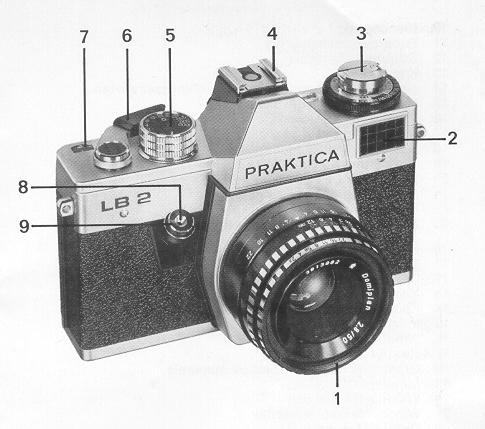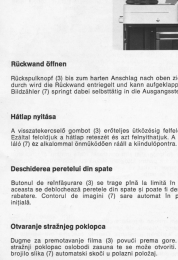AKA: Porst reflex CX-4
Praktica LB2 Bedienungsanleitung
Praktica LB2 English
Praktica LB2 Mode d'emploi
Praktica LB2 Gebruiksaanwijzing
Praktica LB2 Bedienungsanleitung
Praktica LB2 Hasznalati es kezelesi utmutato
Praktica LB2 Instructiune de deservire
Praktica LB2 Navod k obsluze
The next page contains information on this camera.
If the image below looks like your camera,
click below to see the PDF manual.
The next page also contains information
on how to donate to this site.
If you find this manual useful,
how about a donation
of $3 to:
M. Butkus, 29 Lake Ave.,
High Bridge, NJ 08829-1701
and send your e-mail
address
so I can thank you.
Most other places would charge
you
$7.50 for a electronic copy
or $18.00 for a hard to read Xerox copy.
buy new manuals, and pay their shipping costs.
It'll make you feel better, won't it ?
If you use Pay Pal, use the link below.
Use the above address for a check, M.O. or cash.
Venmo @mike-butkus-camera Ph. 2083
CLICK HERE FOR A PDF SCANNED
DIRECTLY FROM THE MANUAL
- all languages -
CLICK
HERE TO CONTINUE TO
Praktica LB2 HTML MANUAL
CLICK HERE FOR A Praktica LB2
PDF VERSION OF THIS HTML PAGE







